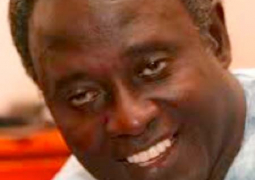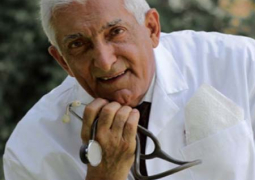There are many ideas, and opinions, on what constitutes good health, or what a meaningfully healthy lifestyle feels like or looks like. Good health is not only about not being ill, it is about being happy and feeling whole from a physical, mental and spiritual point of view.
Being healthy is not anymore just about taking medicines when unwell. It means taking care of ourselves to prevent any illnesses, and to change our attitude when we need to heal or get better after the illness. Taking care of our health today means doing a lot of things to feel good, from eating the right way to taking vitamins, from exercising to having a job we enjoy.
People with low incomes, particularly those who live in poverty, face particular challenges in maintaining their health. They are more likely than those with higher incomes to become ill, and to die at a younger age. They are also more likely to live in poor environmental situations with limited health care resources - factors that can compromise health status and access to care.
Public programs play a vital role in helping to reduce disparities in health by income by supporting health initiatives targeted at those with low incomes and maintaining a safety net of health and social services for the poor.
It is said that a society that has access and uses good quality health services is more likely to enjoy better health than one that doesn?t. Health everywhere is very strongly correlated with income.
It is believed that if you have family support, as well as support from friends and your community your chances of enjoying good health are far greater than somebody who has none of these things.
The move by the Association of Peace Building and Rural Improvement (APRI), a local organisation, to conduct free testing of diabetes and hypertension for the villagers of Duwasu in Kombo East District of Western Region is commendable. To some extent, the APRI intervention will address the needs of low-income members of the population without adequate health care coverage.
Indeed, APRI's primary aim is to help and support the women, the sick, orphans, widows, the disable and the most vulnerable people in society to be socially and economically independent this community driven non-governmental organisation.
It therefore deserves commendation, and should be given all the necessary and needed support to achieve its aims and objectives.
"As far as I am concerned, no road that would lead us to health is either arduous or expensive"
Michel de Montaigne



